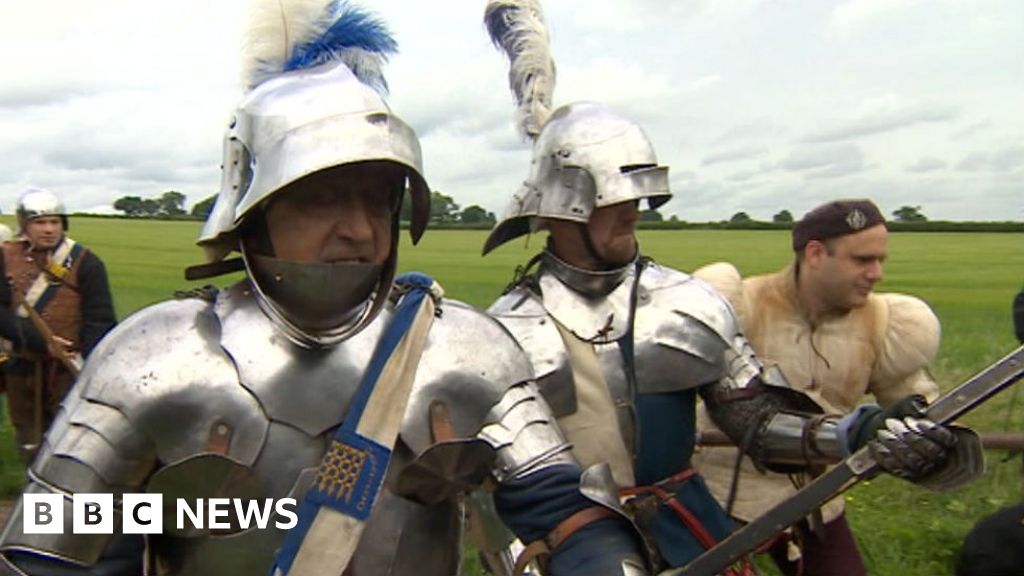
Historians disagree over which of these factors were the main catalyst for the wars.

The conflict had its roots in the wake of the Hundred Years' War and its emergent socio-economic troubles, which weakened the prestige of the English monarchy, unfolding structural problems of bastard feudalism and the powerful duchies created by Edward III, and the mental infirmity and weak rule of Henry VI, which revived interest in the Yorkist claim to the throne by Richard of York. Following the war, the Houses of Tudor and York were united, creating a new royal dynasty, thereby resolving the rival claims. The wars extinguished the male lines of the two dynasties, leading to the Tudor family inheriting the Lancastrian claim. The crucial point is that so much in the history of this period depended on personalities and accidents.The Wars of the Roses were a series of civil wars fought over control of the English throne in the mid-to-late fifteenth century, fought between supporters of two rival cadet branches of the royal House of Plantagenet: Lancaster and York. There was nothing inevitable about the accession of the Tudors: far from it, their advent was one of the flukes of a very confused period of English history and it is more true to say that Richard III, the last of the Yorkist branch of the Plantagenets, lost Bosworth than that Henry Tudor positively won it. Henry Tudor had only the flimsiest claim to the Crown of England, and his success was due solely to the events of a single day: the very future of England hung on the outcome of a battle, just as it had back in 1066. Finally after the elimination of most claimants the Plantagenets found themselves swept from power with the arrival of a new dynasty in the person of Henry Tudor, victor of the battle of Bosworth (22 August 1485).


The ruling Plantagenets became divided into Yorkist and Lancastrian parties striving for the throne. The Crown changed hands violently five times between 14. The term ‘Wars of the Roses’ is the traditional title given to a complex and protracted, but not continuous, conflict among the political elite in England in the second half of the fifteenth century.


 0 kommentar(er)
0 kommentar(er)
